The Soul of Nations
We are in the midst of a global evolution into a new sense of identity and of belonging on this planet. Through wars and conquests over centuries, borders of nations have shifted and changed. Today massive migrations of refugees and asylum seekers are changing the demographics of many nations that formerly were defined by primarily one major culture. At the same time, there is a rising interest and curiosity, especially among young people, about life beyond the borders of the nation of birth. Since WWII international tourism and intercultural exchange has become a mass phenomenon, expressing itself not only in both physical and virtual travel to other cultures and world regions, but also through the widespread exchange of movies, fashions and cuisines that expand identity and options beyond national borders.
However, these shifts and changes are not welcome changes for everyone. Many do not share an interest and curiosity about other cultures. And many millions are forced by circumstances to leave the native culture and country they call home when ongoing civil wars, violent political oppression, or economic poverty leave them no other choice. Many of these forced emigrants feel stranded in cultures that are alien to them. While they may be granted basic human rights by their new country, at the same time they face major cultural gaps in terms of world-view and basic customs. In too many cases, they experience hostility from citizens of the host countries who would prefer to have kept things as they were before the arrival of “foreigners.”
But is there really a way back from this new world order? Or are we at the edge of outgrowing nations and cultures that have been shaped for centuries by history and local geography? If so, how can we prepare ourselves to make this major transition an enriching and fulfilling experience on both an individual and communal level? How can we live in an interconnected future as a more or less united humanity on this planet?
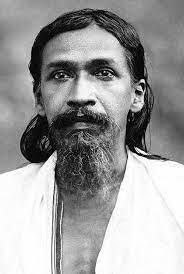
Modern visionaries, such as the late Indian philosopher and yogi Sri Aurobindo Ghose and the contemporary US-American consciousness researcher Ken Wilber, envision this emergence of a transnational identity as part of the new step in human consciousness that is presently unfolding. For the first time in human history, a large number of people feel their growing individual awareness is enabling them the freedom to leave their inherited religions, traditions, customs, as well as their own native lands. This new level of independent thinking and acting is also happening even in parts of the world where the vast majority of people continue to faithfully follow traditional rules and modes of government.
Wilber, Sri Aurobindo, and a growing number of innovative thinkers around the world, hold that this trend towards a new individual freedom is inevitable. Their basic sense is that this impulse is evidence of the latest evolutionary step in human consciousness, surpassing the former primacy of biological evolution. In fact, geologists have termed the current planetary epoch the “Anthropocene,” the era in which human decisions are the primary force in shaping the planet. For better or for worse, it is obvious that current changes on Earth are mostly human-caused.
This view, that the evolution of human consciousness is the main determinant in the overall process of planetary evolution, has come to be known as “Integral philosophy.” As I discuss in my book, this perspective also opens up new insights regarding the evolution of nations. The best current model for the application of this philosophy, in terms of evolving collective views, is Spiral Dynamics, an Integral concept originally developed by US- psychologist Clare Graves to describe both personal and collective development. On the collective level, this theory presents a model of how worldviews (memes) within a culture develop in a predictable sequence. Spiral Dynamics describes several levels of awareness progressing from the basic level of survival up to a holistic view that sees the world as an interactive, interconnected system. Graves observed that these stages of development are basically evident in every society, in various degrees, and in any given moment overlapping each other within individual societies and worldwide.
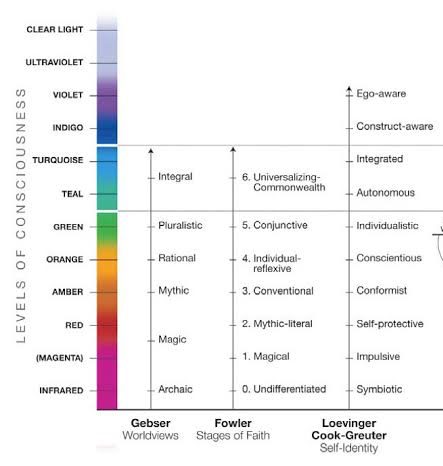
For example, an early worldview would be the magic-shamanistic meme, in which an animistic and animated world can be influenced by rituals and sacrifices. This worldview is succeeded by the religious or mythical meme in which eternal truths are revealed by a founder and maintained through authority based on succession. In the order of Spiral Dynamics, the modern rational-scientific enlightenment, and its variation the post-modern view, follows, proclaiming a relativistic view in which there are no absolute standards. These latter worldviews are mainly spread in Europe and the USA today.
But according to Integral thinkers who apply this system to the evolution of consciousness, the process does not stop here of course. According to this view we are presently experiencing the emergence of the new holistic or Integral meme, one which will embrace all previous worldviews. Each of the previous memes, be they shamanism, religion or scientific rationalism, has a true but partial view of the whole of reality, yet each has typically excluded the other views, claiming to have the whole and final truth. In contrast, the Integral meme recognizes the core of truth in each previous worldview. It holds that, for example, both religion and science see only partial and different aspects of the complex totality of the world. The emerging meme integrating these partial truths into an overall picture then is called Integral and holistic.
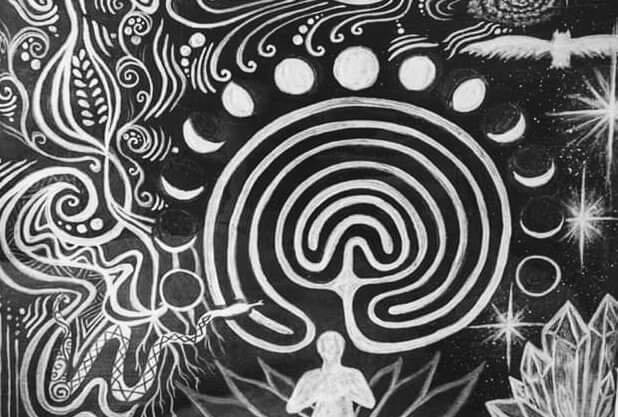
A Brief Interview | Auroville and Communities of the Future
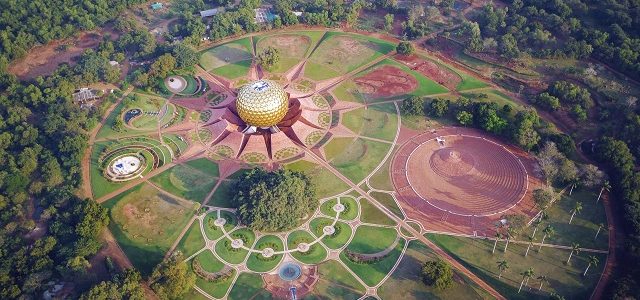
KOSMOS | Out of curiosity, did you grow up in Auroville*?
WOLFGANG | No, I came to Auroville for the first time when I was a young man . The place was still relatively new, just 4 years old. Since then I returned numerous times.
KOSMOS | How would you describe the ‘soul’ of Auroville?
WOLFGANG | I see it as a colorful and multidimensional mandala. At the core it has a golden, spheric center piece.
KOSMOS | What do intentional communities generally offer us that expands our understanding of identity?
WOLFGANG | An intentional community is one evolutionary step further than a tribe, which is based on shared kinship and genetics. But probably you are referring to an intentional integral community like Auroville. Those places can offer to interested people a training ground for the evolutionary transformation from modern ego to a connected individuality. We cannot do this shift alone, instead It needs a kind of sangha. We are no longer aiming to reach an inner nirwana in a remote cave on our own , but we are co-creating together a spiritually and materially transformed outer world.
KOSMOS | In the face of what many believe will be the eventual collapse of the nation state, how will our conception of belonging change?
WOLFGANG | Quite a few nations will collapse, others will try to seclude themselves, and some will transform and unite. In the latter case the members will keep a core identity of their culture and country and at the same time develop a world-centric sense of belonging.
We will “plant roots in our own unique pasts and at the same time grow wings for our common departure towards future and still unknown destinations,” to quote myself in my new book.
KOSMOS | How would you describe the ideal social/political/spiritual structure of the future in very general terms?
WOLFGANG | Politically I share the vision of the Indian yogi and philosopher Sri Aurobindo, who saw a future world confederation of nations. (Not a autocratic world union!). This world community may have an Integral structure as, for instance, the author Steve McIntosh is describing. It means the whole existing range of memes, religions and systems has its place under a integral leadership.
And as individuals we will continue our grand evolutionary journey from unconscious matter to enlightened being. I doubt that this future is ever ending.
*Note: Auroville is a universal city in the making in south-India dedicated to the ideal of human unity based on the vision of Sri Aurobindo and The Mother.
In my book I apply this holistic view to the evolution of nations, exploring what various distinct national qualities can contribute to an emerging world culture. In the final chapters, several current examples of this creative process are presented.
What exactly is it in a nation that is evolving though these different stages of memes and worldviews? I find Sri Aurobindo’s view as most relevant in answering this question. In his view each human being has a core identity that, starting with seed elements at birth, grows and evolves through life, gaining insights and knowledge as the individual proceeds through stages of development, in some ways comparable to the memes identified in Spiral Dynamics. Despite changes in and evolution of this core identity, something unique and essential remains the same. Sri Aurobindo calls this “something,” that is characterized by both being and becoming, the “soul”. He applies this same understanding to the birth and evolution of human communities and nations.
It should also be mentioned that for Sri Aurobindo, soul also has another quality as well. In his inner experience, besides a soul’s uniqueness, it is at the same time a drop in and a part of a universal consciousness. However, I mainly consider the specific ways each nation sees and acts in the world as an expression of its unique and evolving soul. In this view, just as each individual has a specific life mission to fulfill based on its unique potential, the same is true for nations. To search for and embody that mission is what we can call our destiny, for both an individual and a nation.
In this process we meander along many dark roads and through distracting shadows, and we also discover many deep rewards, as we move toward this self-realization. As we evolve and heal as individuals, we are also clearing the shadows of our own nations and discovering their specific core qualities. In fact, how could this be otherwise, since through growing up and sharing in the culture of our country, or countries, our personal soul is connected with the soul field of our nation.
Thus a main content and goal of my book is to present models for doing the shadow work that allows us both personal and collective integration of the unique qualities of our own nations.
The New Narrative: Evolutionary Nationality
In many societies politics is shaped by a deep conflict between the progressive and the nationalistic factions. The former defines a national community mainly as an arbitrary and pliable social structure while the latter holds that a nation has a kind of unique and unchangeable core identity.
Since both views have a legitimate point and some value, what is urgently needed is a unifying and updated understanding of what a nation is today, and what it has to become in order to contribute to what might be a shared and peaceful future world. This depends on addressing (drawing on the principles of integral philosophy), healing aspects of the national shadow while at the same time awakening the unique national soul qualities in both individual citizens and nation-states.
“The Soul of Nations” features examples of these healing and transforming developments in countries as disparate as the USA, China, India, Russia, Iran, Germany, Colombia and Israel. Sustaining this transformation requires the individual members of a national community, which means each one of us, to initiate and foster these processes.
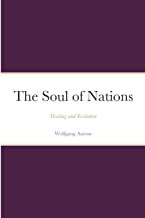
In this follow-up to his award-winning study of the German soul, German-American author and workshop leader Wolfgang Aurose carves out an evolutionarily new understanding of the nation-state and our national identities. “The Soul of Nations. Healing and Evolution” is available in the virtual bookstore of www.lulu.com as print book (145 pages, $14 plus shipping) or as ebook ($7.75) . Also at Amazon and in bookshops.


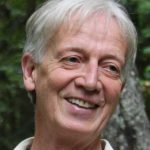
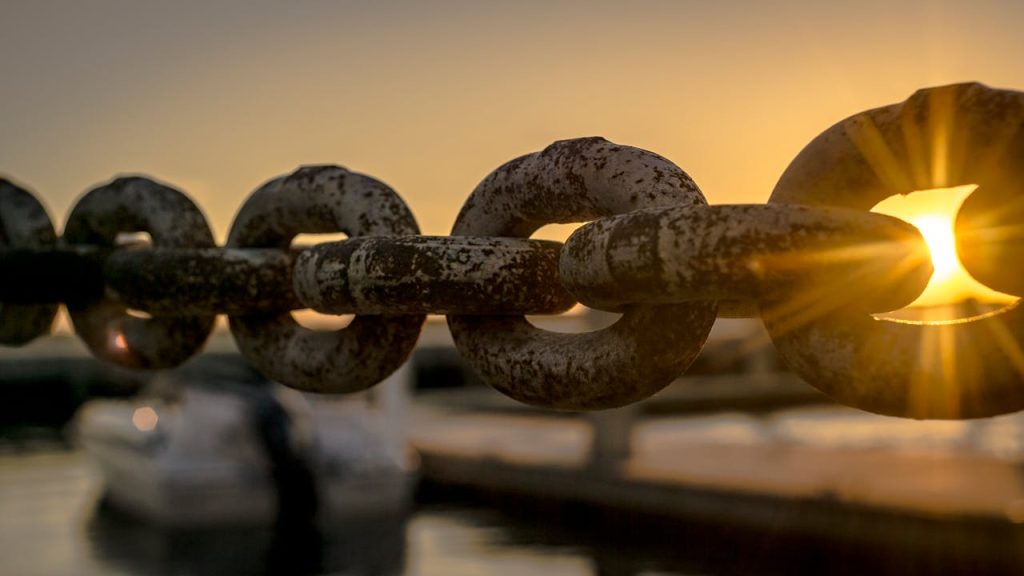
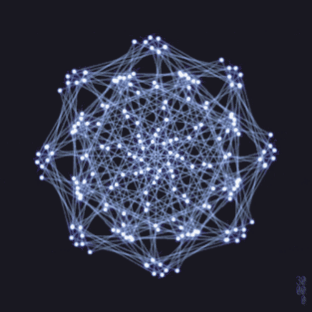
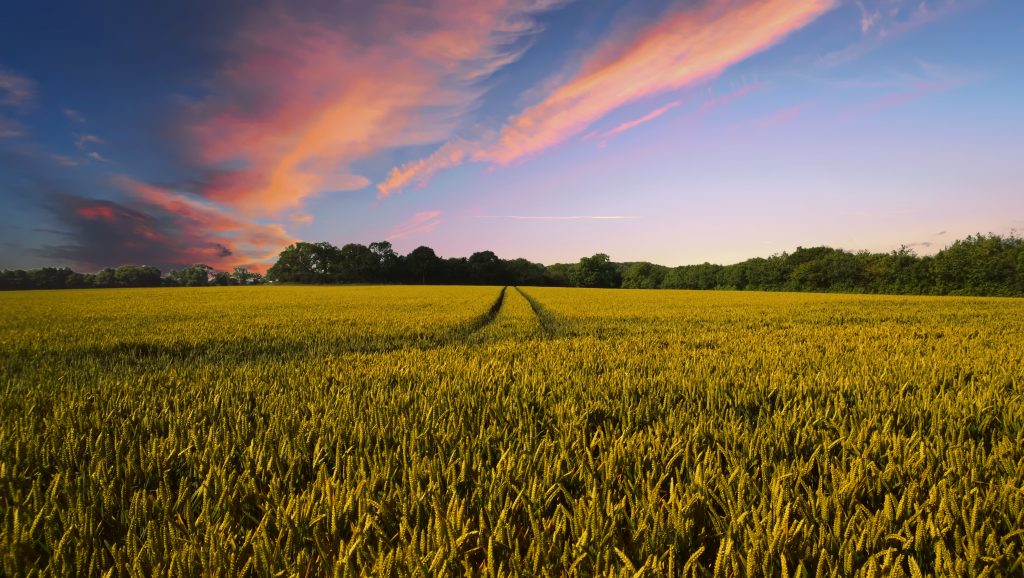
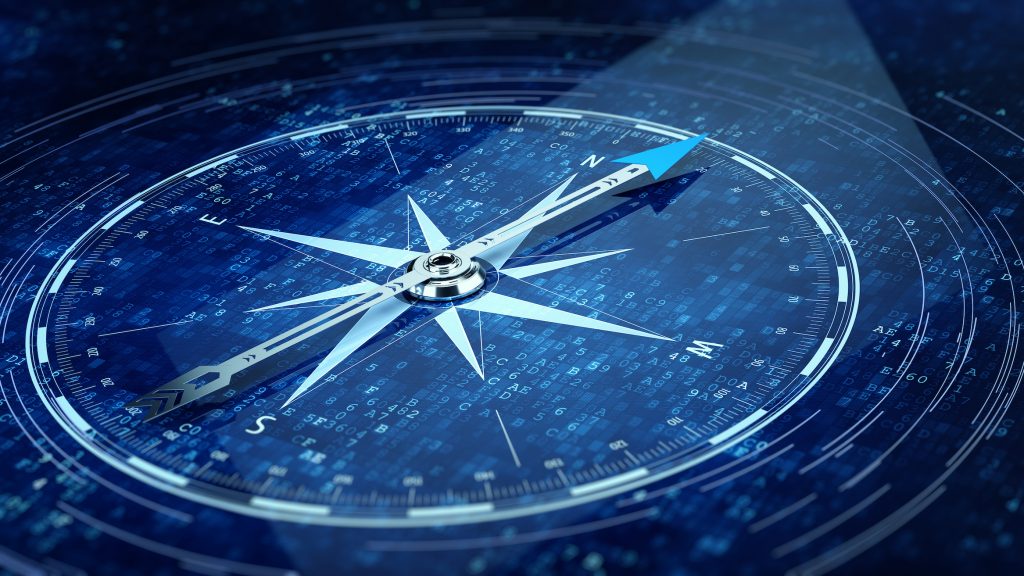
For nations, the shift away from individual/static to collective/dynamic is already happening. The historical content of nations is very ‘loaded’ and ‘contaminated’, A new scheme might emerge that could rapidly develop in a fractal way, where cities play a big role. At the same time, rural communities might proliferate based on the new relational ontology.